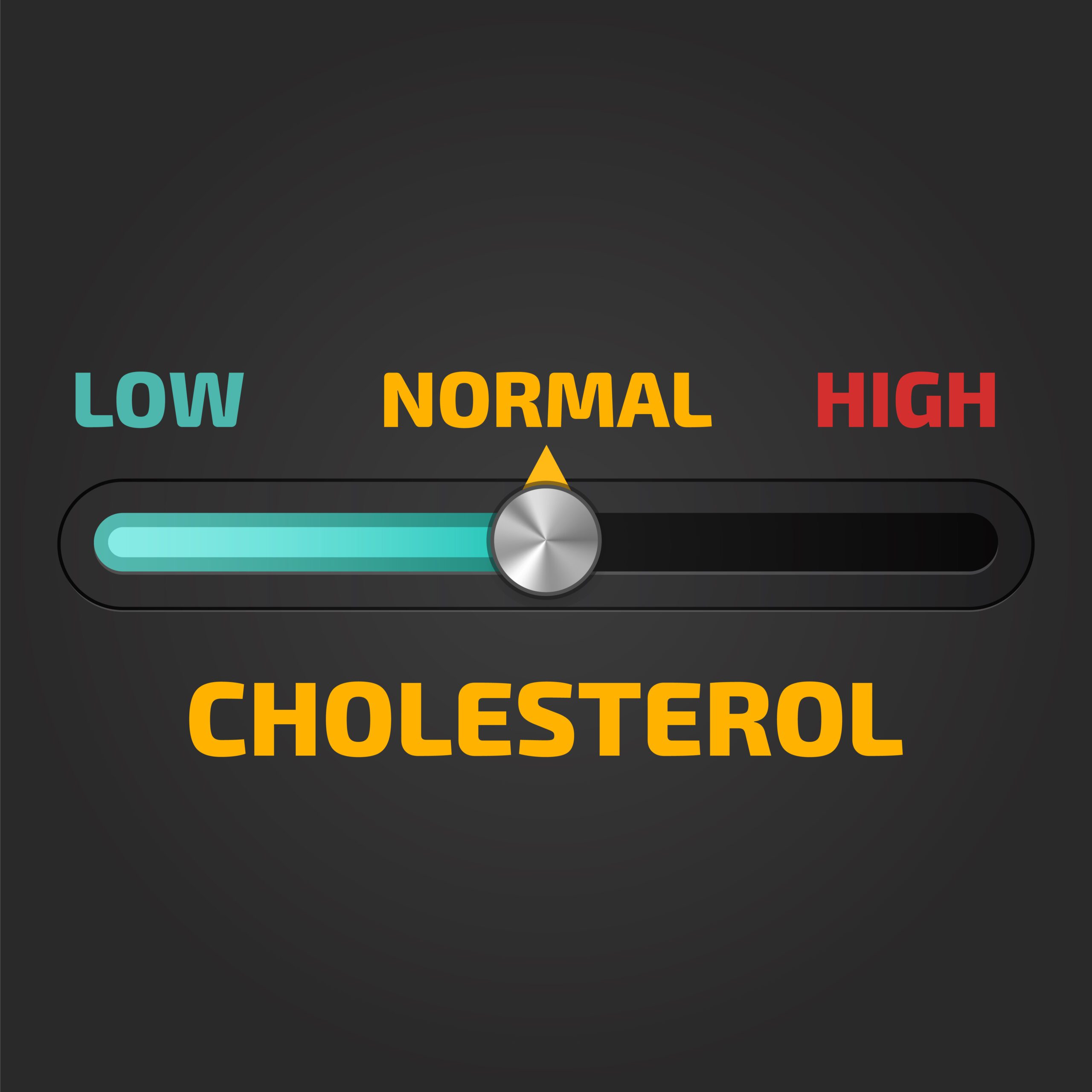What is Cholesterol?
Cholesterol is simply a fat-like substance that is present in the cells of our body and is synthesised by the liver. The cholesterol is responsible for the generation of hormones, helps in digestion and helps in making vitamin-D. However, if the cholesterol levels in the blood increase, it will lead to a risk of heart-related diseases. While, if the levels of cholesterol in the blood decrease, it will result in cancer or might lead to hemorrhagic stroke. There are mainly two types of cholesterol which everyone should know about and they are –
High-density lipoproteins [HDL]:
This HDL type of cholesterol is responsible for carrying cholesterol from the body back to the liver, hence is known as good cholesterol.
Low-density lipoproteins [LDL]:
This LDL type of cholesterol if found on high levels, results in a build-up of cholesterol in the arteries. Hence, it is known as bad cholesterol.
What causes high cholesterol?
Intake of foods containing trans and saturated fat
All the baked food items which include cakes & cookies along with frozen foods (pizzas, doughs of biscuits and rolls) microwaved popcorn, fried foods which includes french fries, doughnut and fried-chicken are the foods that contain trans fats which critically affect the heart. While the saturated fats raise the amounts of HDL.
Being overweight
The rise in levels of HDL and LDL often lead to overweight or obesity. Thus, being overweight in itself leads to an increase in both good and bad cholesterol.
Not exercising daily
Doing exercise daily can improve cholesterol because exercising reduces or break the number and size of particles of cholesterol in the body. Daily workout or walk does not allow cholesterol to clog in the arteries.
Age
Usually from the age of 20 years, the levels of cholesterol might rise. As age increases, the levels of cholesterol tends to rise. Generally, men have high risks of increased cholesterol as compared to women.
Family history
The passing on of the genes from parents to children sometimes results in gene mutations which often inherit some or the other genes like high cholesterol too.
Signs and symptoms of High Cholesterol:
The following are the signs and symptoms of high cholesterol:
The blood test is the only way to detect or find out your cholesterol levels.
Symptoms like heart-related diseases such as cardiac arrests, cardiac strokes etc are some symptoms. Chest pain is experienced by people who have a high cholesterol problem.
Home remedies to reduce cholesterol
Garlic
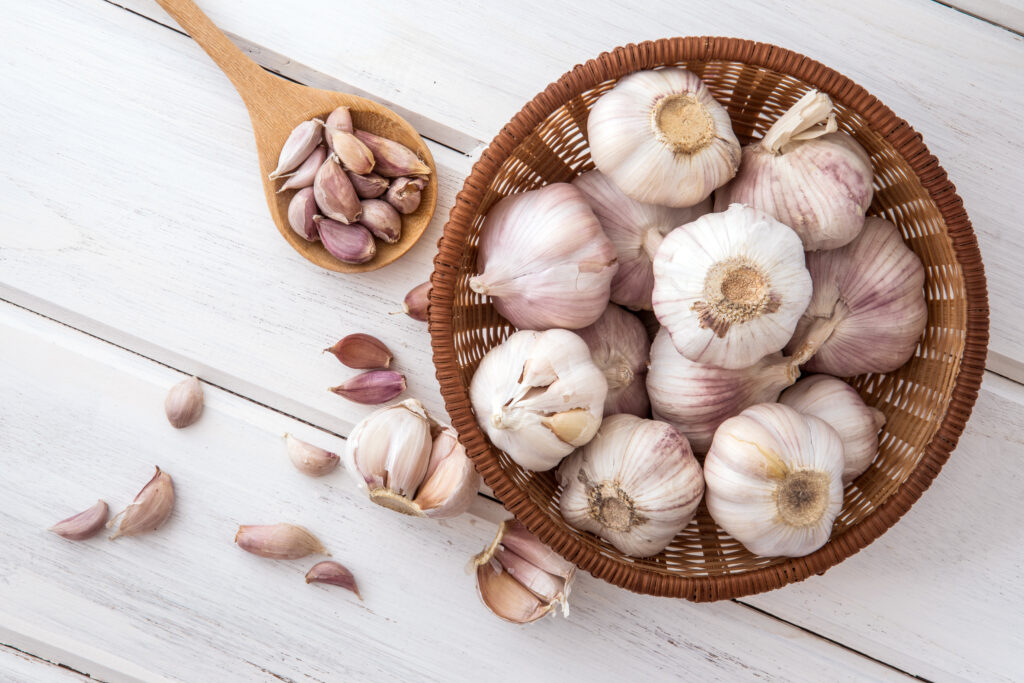
A compound naming allicin is released when a clove of garlic is minced. This compound allicin is responsible for reducing the high cholesterol levels naturally. In fact, garlic, when minced and added to salads, give the taste which is next level. It even benefits the heart in its own way. The peeled garlic cloves can be chewed to aid the heart-related diseases.
Green Tea
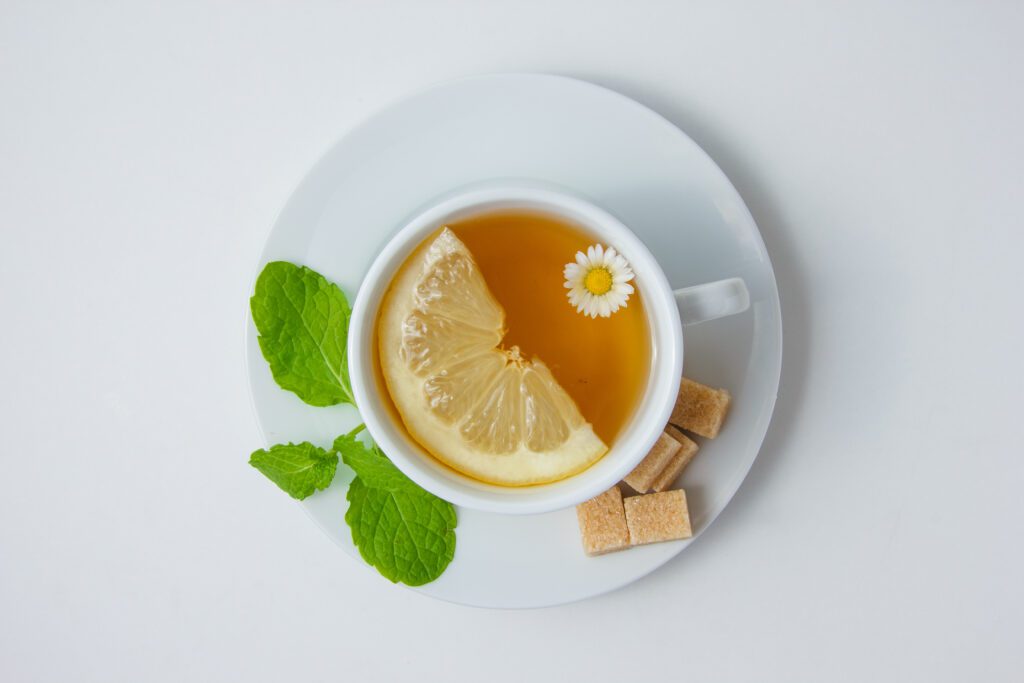
Being a powerful antioxidant, green tea is beneficial in lowering the high cholesterol levels. A compound known as caffeine and epigallocatechin gallate helps in burning the calories. This burning of calories results in breakage of cholesterol particles, in the end, benefiting the metabolism rate and lowering the cholesterol levels.
Yoghurt
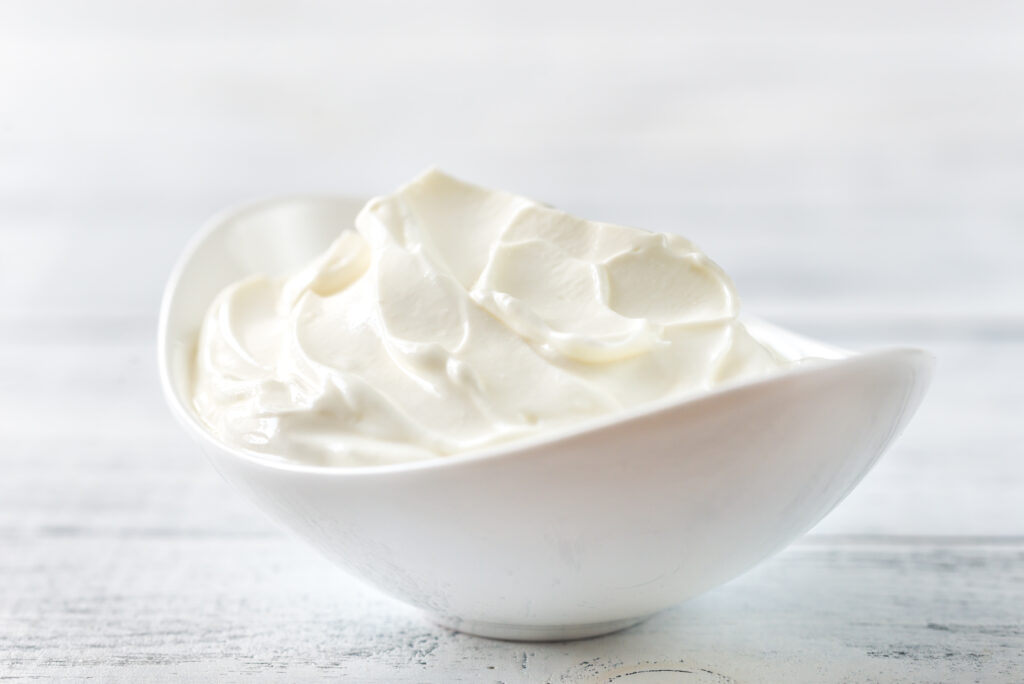
Yoghurt contains or is made up of much probiotic content, which helps provide good bacteria to aid up the digestive system. It is surprising to note that the calcium content present in yoghurt helps the bones in the repair process. The probiotic content present in yoghurt helps in lowering the cholesterol levels because this good bacteria lowers or beares the levels of cholesterol.
Chia Seeds
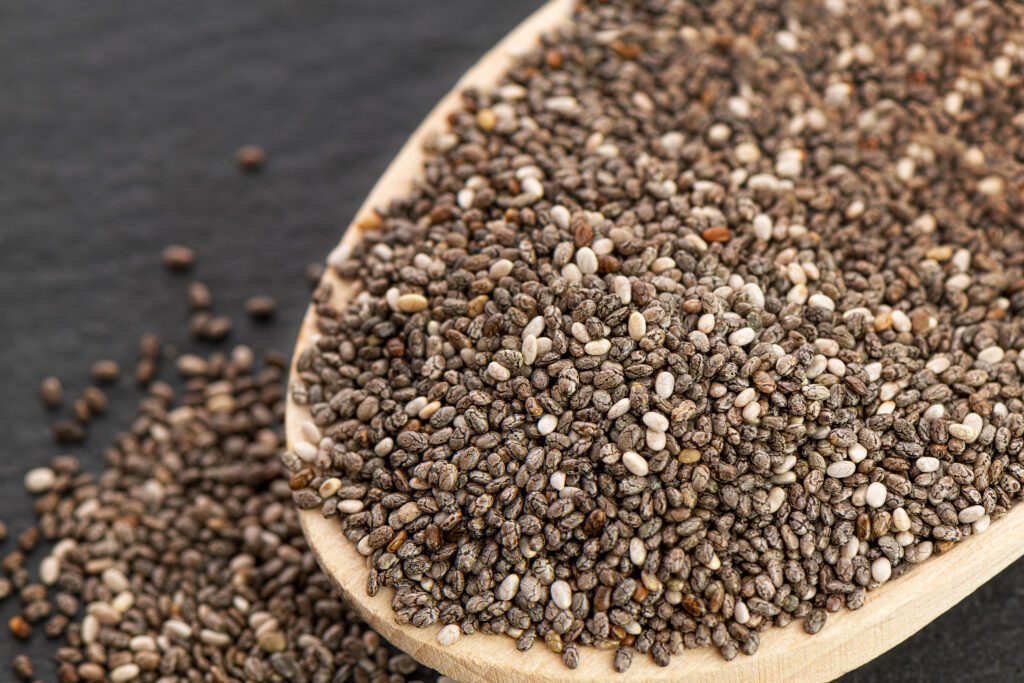
Chia seeds help in lowering the cholesterol because the seeds are made of soluble fibre which lowers down the cholesterol. The gluey substance provides it with the much-needed moisture which slows down the process of digestion. You have to seize only one spoon after a meal and, it will give you the feeling of fullness. These seeds can be added to your favourite smoothies or fruit juice to enhance nutritional value.
Orange Juice
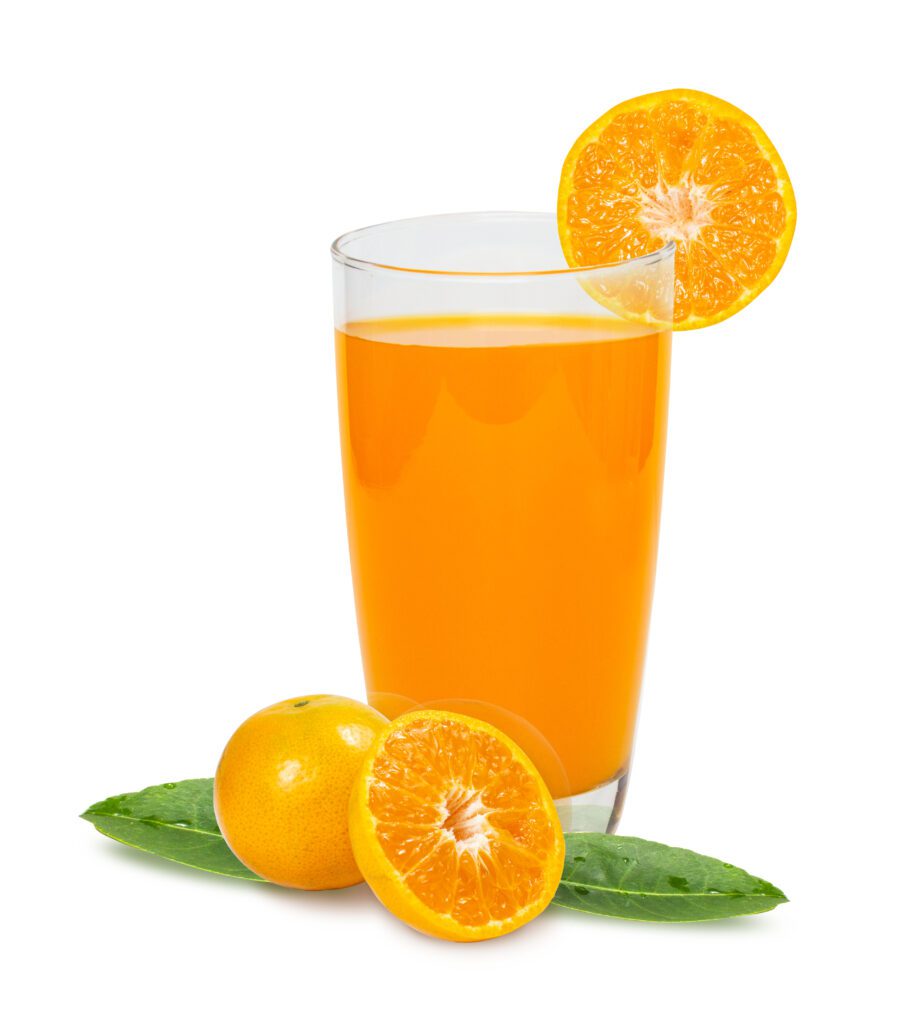
Soluble fibre reduces the absorption of cholesterol in the blood. Luckily most fruits like citrus fruits contain fibre in them. Oranges contain about 1.8 grams of fibre which again helps to lower the levels of high cholesterol in the bloodstream.
Pomegranate Juice
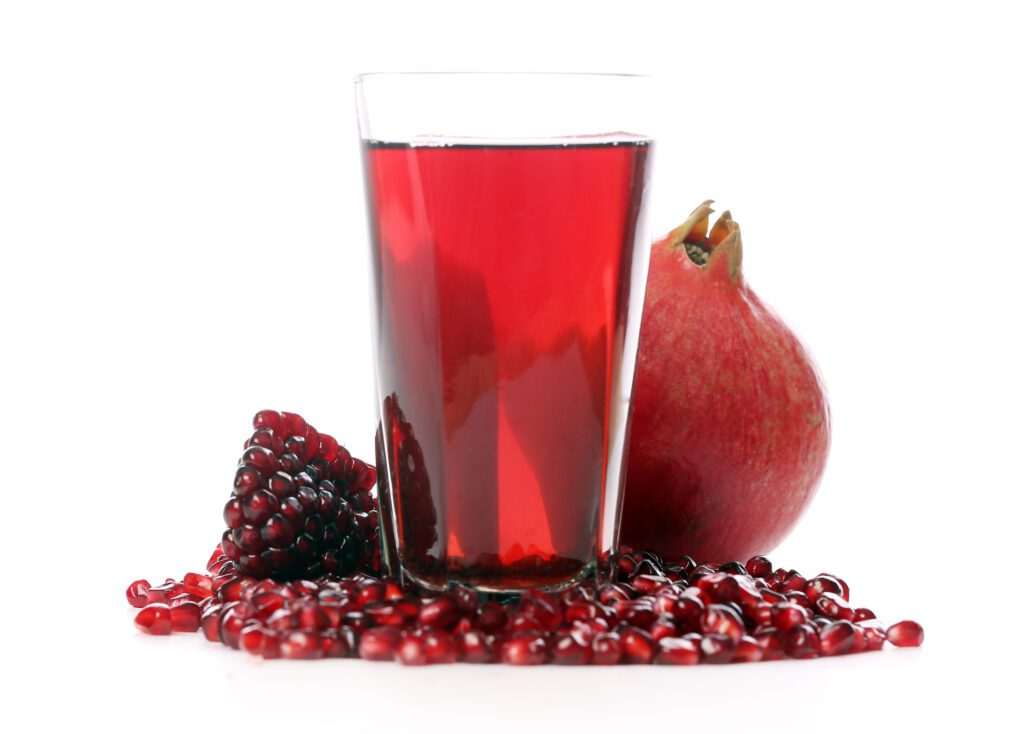
Pomegranate has high levels of antioxidants which helps to reduce the levels of cholesterol and keeps the heart at its best.
Lemon Juice
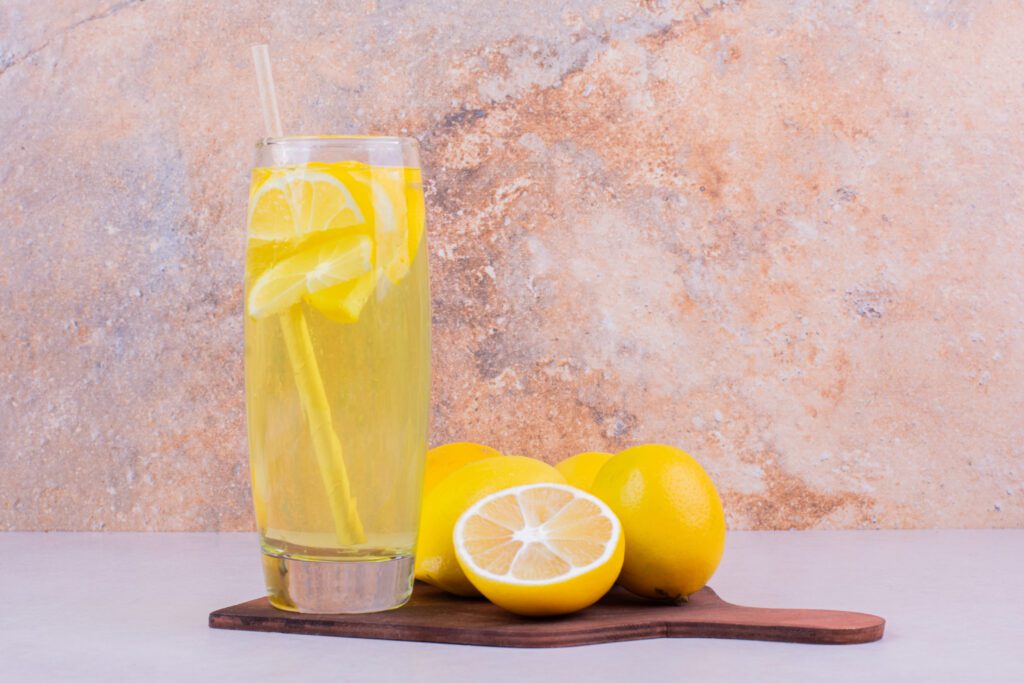
What makes lemon juice a sure shot hit in reducing the levels of cholesterol is the content of vitamin C, antioxidants and much-needed nutrition. It helps to reduce cholesterol, boost metabolism and thus, in the end, helps in losing the weight.






